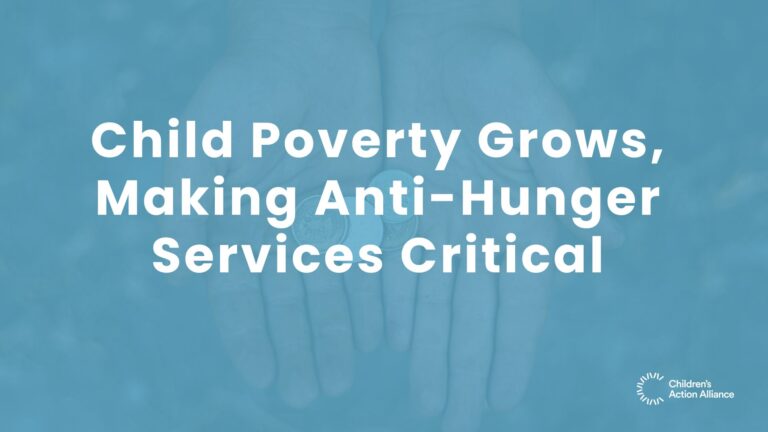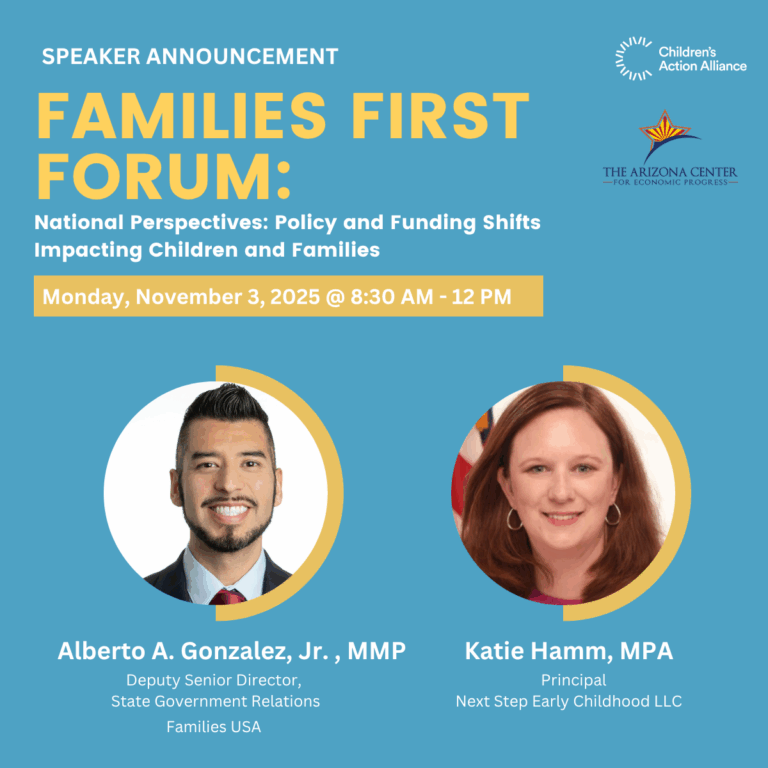
How Good Is Arizona’s Maternal Healthcare?
The United States is confronted with a significant challenge in maternal health, holding the highest maternal mortality rate among developed nations, a trend that is on the rise and disproportionately affects Black and Indigenous women. In this context, Arizona’s situation is particularly concerning. According to the latest 2024 State Scorecard on Women’s Health and Reproductive Care by The Commonwealth Fund, Arizona is positioned at 44th place overall. Our state has shown commendable performance in managing preterm births, low-risk cesarean deliveries, and HIV testing among women aged 18-64. However, it falls short in providing a consistent healthcare source or routine checkups for women of childbearing age, ranking among the lowest. The data tells us we have a crisis to address - the maternal mortality rate in Arizona surpasses the national average, and the state’s infant mortality rate, previously better than average, has now deteriorated beyond the national rate.
In 2022, Children’s Action Alliance collaborated with key partners to secure a 12-month extension of AHCCCS postpartum coverage. This initiative ensures that new mothers can focus on their newborns without the added stress of health insurance transitions. Stay tuned for further updates and policy recommendations from us and our allies to enhance maternal and child health in Arizona. If you’re interested in more details or wish to participate in our maternal health stakeholder meetings, please reach out to Matt Jewett, our Health Policy Director, at mjewett@azchildren.org.
Read the full report here.



